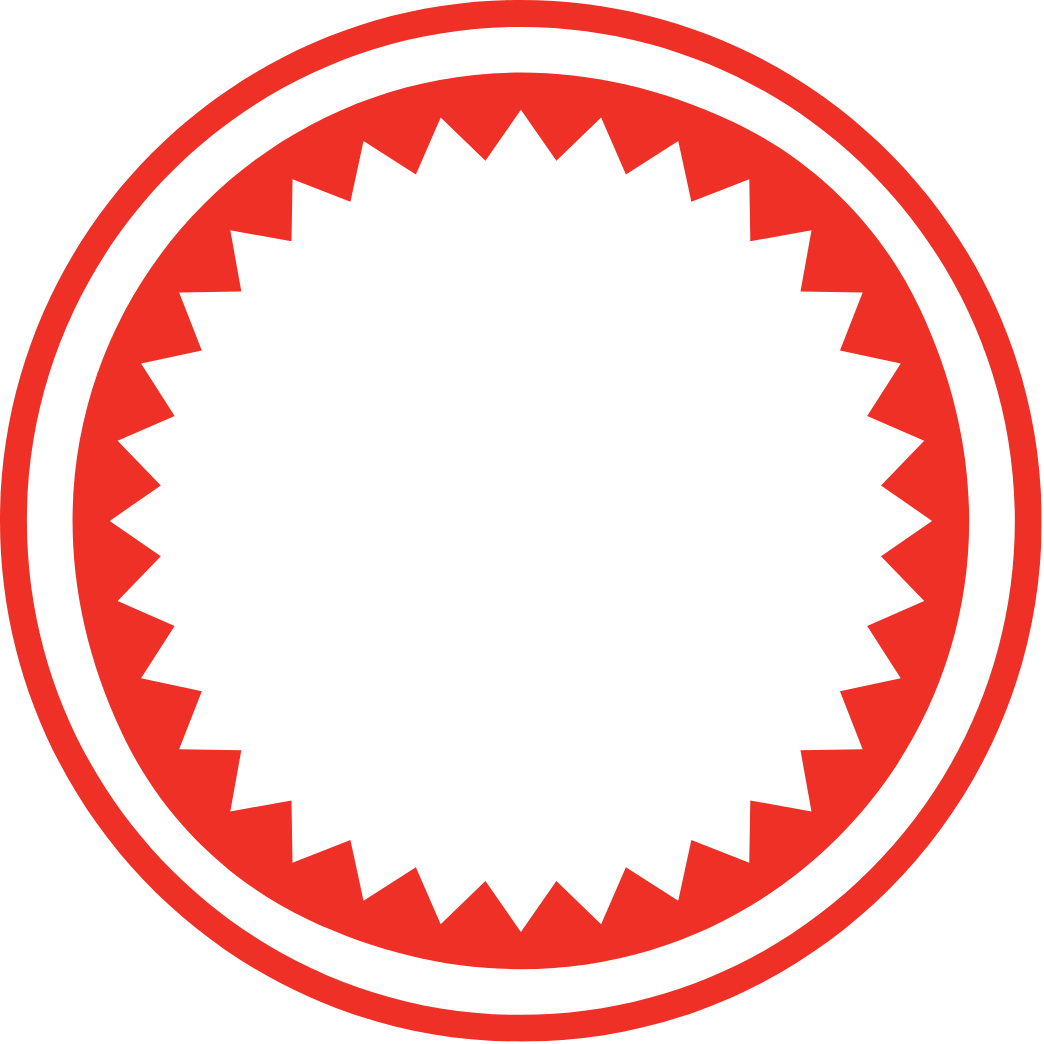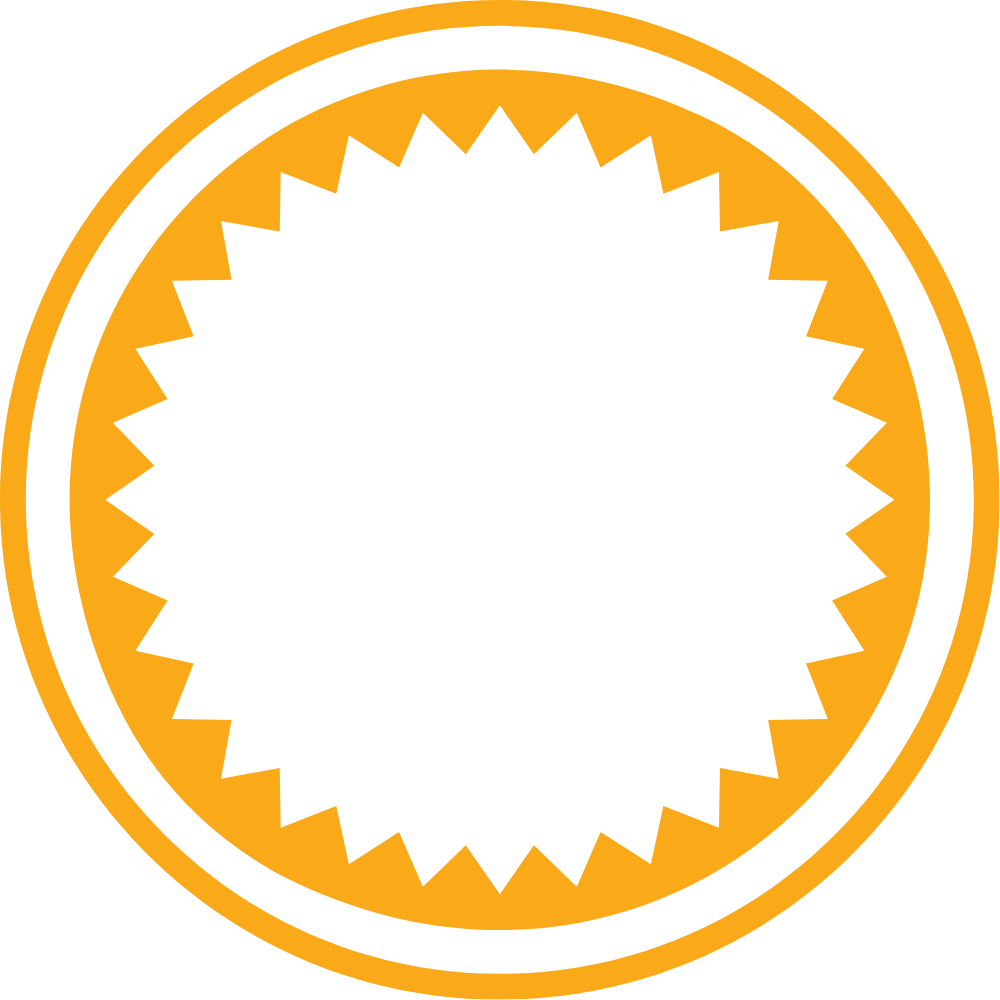When entering into vendor contracts, organizations often face various types of risks that can significantly impact their products or services. Mitigating risk is critical for ensuring smooth operations, maintaining profitability, and achieving project goals.
One of the most effective ways to address this challenge is through professional interpretation services, which provide clarity and precision in understanding contract terms, ultimately enhancing risk management processes.
The Importance of Mitigating Risk in Vendor Contracts
Vendor contracts form the foundation of business relationships, outlining the responsibilities, expectations, and deliverables for all parties involved. However, they also introduce potential risks, such as misunderstandings, misinterpretations, or unforeseen circumstances that can disrupt operations.
Mitigating risk in these agreements requires a comprehensive approach that includes risk identification, risk mitigation strategies, and monitoring risks throughout the contract lifecycle.
Professional interpretation services play a crucial role in reducing the impact of ambiguous terms or language barriers, ensuring that all stakeholders have a clear understanding of their obligations.
Key Risk Mitigation Strategies for Vendor Contracts
- Risk Identification and Assessment
- Identifying risks is the first step in effective risk management. Potential risks in vendor agreements can include unclear deliverables, fluctuating costs, and performance delays.
- A risk identification process involves a thorough review of the contract to pinpoint areas where issues may arise, such as poorly defined timelines or responsibilities.
- Risk Mitigation Plan Development
- A well-defined risk mitigation plan outlines steps to reduce the likelihood or potential impact of identified risks. For example, adding clear performance metrics and timelines can mitigate risks associated with delays.
- Professional interpreters can help clarify technical jargon or complex legal language, reducing the chances of misunderstandings.
- Utilizing Fixed Price Contracts
- Fixed price contracts are an effective risk reduction tool, as they provide cost certainty for both parties. By specifying a set price for deliverables, businesses can avoid unexpected cost overruns.
- Interpreting services ensure that all terms related to pricing are understood and agreed upon, minimizing disputes.
- Risk Transfer Strategies
- Risk transfer involves shifting potential risks to another party, such as through insurance or indemnity clauses. This approach reduces the impact on your organization in the event of a risk event.
- Including clear risk transfer terms in the vendor agreement ensures that responsibilities are well-defined and enforceable.
- Monitoring Risks
- Continuous monitoring of risks throughout the project lifecycle is essential for effective risk management. Regular reviews and updates to the vendor agreement can address emerging risks.
- Professional interpretation services can assist in ongoing contract reviews, ensuring that changes are accurately communicated and understood.
The Role of Professional Interpretation Services in Risk Management
Professional interpretation services are a vital component of risk mitigation strategies, especially in global or multilingual business environments. Misunderstandings due to language barriers or cultural differences can lead to costly disputes or delays. By providing accurate interpretations of vendor contracts, these services help:
- Clarify ambiguous terms, reducing the risk of misinterpretation.
- Ensure all parties have a shared understanding of their obligations.
- Facilitate effective communication during contract negotiations.
- Support the creation of comprehensive risk mitigation plans by providing precise interpretations of legal and technical language.
Bridging Borders: Strategic Use of Bilingual Legal Documents to Enhance Vendors Negotiations .. Read more!
Types of Vendor Contracts and Their Risk Implications
Understanding the types of vendor contracts and their associated risks is crucial for developing effective risk mitigation strategies:
- Fixed Price Contracts
- Advantages: Predictable costs, minimal financial risk for the buyer.
- Risks: Potential for lower-quality deliverables if the vendor seeks to reduce costs.
- Time and Materials Contracts
- Advantages: Flexibility to adapt to project changes.
- Risks: Higher potential costs due to extended timelines or increased material needs.
- Cost-Reimbursable Contracts
- Advantages: Encourages vendor transparency and accountability.
- Risks: Difficulty in predicting final costs, requiring vigilant monitoring.
- Unit Price Contracts
- Advantages: Suitable for projects with clearly defined units of work.
- Risks: Cost fluctuations if unit requirements change significantly.
Building a Comprehensive Risk Management Process
Effective risk management processes include the following steps:
- Risk Identification: Analyze the vendor agreement to uncover potential risks, such as unclear performance metrics or undefined deliverables.
- Risk Assessment: Evaluate the likelihood and potential impact of each identified risk.
- Mitigation Strategy Development: Create plans to reduce, transfer, or accept risks, depending on their nature and severity.
- Implementation: Incorporate mitigation strategies into the contract terms and project management practices.
- Monitoring: Continuously monitor risks and update the risk mitigation plan as needed.
Conclusion
Mitigating risk in vendor contracts is essential for ensuring successful partnerships and achieving business goals. By leveraging professional interpretation services and implementing robust risk mitigation strategies, organizations can reduce the potential impact of risks and enhance the clarity and enforceability of their agreements.
Understanding the types of risks and vendor contracts, coupled with proactive risk management processes, provides a strong foundation for sustainable success.
Interpret Like a Pro: Choose AfroLingo for Your Multilingual Needs
At AfroLingo, we’ve established, over the past 12 years, an impressive reputation for delivering interpretation services that stand out.
Our network of interpreters has been carefully chosen based on each interpreter’s professional and educational qualifications, job history, and subject matter expertise ─ legal, corporate, medical, government, etc. With this, we always choose a suitable interpreter who has the background and subject matter know-how that would meet your requirements.
Also, we have the latest simultaneous and consecutive interpretation equipment, such as wireless and infrared systems.
Further, as we understand that your business might sometimes request an interpreter in a hurry, our interpretation services can be booked at short notice. We’re also known for fast delivery.
Contact us now for the most experienced and reliable interpretation service available!
FAQs on Mitigating Risk in Vendor Contracts
- What are the most common types of risks in vendor contracts?
Common risks include unclear deliverables, fluctuating costs, performance delays, and misinterpretations of contract terms.
- How can professional interpretation services help mitigate risk?
These services ensure a precise understanding of contract terms, reducing the likelihood of disputes and facilitating effective communication.
- What is the benefit of a fixed-price contract in risk management?
Fixed price contracts provide cost predictability and minimize financial risks associated with unforeseen expenses.
- What should a risk mitigation plan include?
A risk mitigation plan should outline identified risks, their potential impact, mitigation strategies, and monitoring processes.
- How can organizations monitor risks effectively?
Regular contract reviews, performance evaluations, and updates to the risk mitigation plan are essential for effective risk monitoring.







